Northwest China's Xinjiang Uygur Autonomous Region on Thursday issued revised regulations on religious affairs management, adding in a number of new clauses and a new chapter regarding the management of religious schools. The regulations emphasize the freedom of religious belief, noting that no organization or individual shall induce or coerce locals to believe or not believe in any religion.
Experts said the regulations truly reflect the freedom to believe or not believe in any religion and take into account a series of recent issues that the region has encountered by being more detailed and accurate. What's more, it clearly bans violent extremist forces from using religion as a pretext to forcibly convert people to a particular faith, which essentially prevents these forces from luring the public into engaging in acts of terrorism.
The regulations were passed by the Standing Committee of the People's Congress of Xinjiang on December 22, 2023, and will come into effect on February 1. The total nine chapters and 78 clauses include the management of religious organizations, religious venues, religious activities, and religious properties, reported Tianshannet, the region's largest media outlet, on Thursday.
The newly revised regulation stated that no organization or individual shall use religion to engage in activities that divide the country, spread religious extremism, incite ethnic hatred, carry out terrorism, undermine national unity, disrupt social order, or harm the physical and mental health of citizens, nor shall anyone use religion to obstruct the implementation of state administration, judiciary, education, and other systems.
If anyone discovers illegal religious organizations, preachers and activities, they should promptly report to the local township governments, subdistrict offices, or relevant departments of religious affairs, according to the regulations.
According to the Constitution, China is a country that upholds religious freedom, ensuring that individuals have the right to choose whether or not to have religious beliefs, Wang Jiang, deputy director of the Institute of China's Borderland Studies, Zhejiang Normal University, told the Global Times on Thursday. Under the framework of the Chinese Constitution and the laws and regulations related to religions, the Xinjiang region has further refined the legal framework regarding this sector, Wang said.
Xinjiang has witnessed the presence of violent terrorism that uses religion as a tool. These groups falsely claim to enforce religious beliefs, but their true intention is to coerce individuals into participating in terrorist activities. They manipulate the sincere religious sentiments of ordinary people and misguide them. It is crucial to establish relevant regulations to address the issue in this context, according to Wang.
The new version of the regulations specifies that newly constructed or renovated or expanded religious venues should reflect Chinese characteristics and style in terms of architecture, sculpture, painting, decoration and other aspects.
It also stipulates that religious schools should follow the path of Chinese characteristics in their educational approach, operate in accordance with the law, and improve the quality of education.
Religious schools should be established by religious organizations of the autonomous region, the regulation said. The schools should cultivate patriotic religious personnel, correctly interpret religious doctrines, and train in-service religious clergy.
Global Times reporters recently paid a visit to the Xinjiang Islamic Institute in Urumqi together with 15 representatives from Pakistani media and think tanks. Established in June 1987, the institute currently has a student body of around 1,000 people and is the only religious higher education institution in Xinjiang with eight branch campuses.
"Everyone has heard so many of the propaganda stories against Xinjiang," Moiz Farooq, an executive editor of Daily Ittehad Media Group, told the Global Times. "Now finally we have seen the truth, and it is great to say that seeing is believing."
"It is very happy for me to see the Muslims in Xinjiang are enjoying all the freedom," he said. "They have freedom to practice religion over here, with the best facilities in the institute."
Xinjiang residents who practice Islam and wish to go on a pilgrimage abroad shall follow the relevant regulations of the country and the region, and the China Islamic Association will organize pilgrimage activities, according to the regulations.
The foreign delegates expressed their appreciation for China's efforts in preserving the region's traditional culture, creating a harmonious and prosperous life for local people of different ethnic groups and those with religious belief, and fighting against terrorism and extremism, the Global Times has learned.
As of 2023, more than 100 foreign delegations have visited Xinjiang to experience the unique charm of this beautiful region, Chinese Foreign Ministry spokesperson Wang Wenbin said while refuting Western smears, noting that those who have actually visited the region highly praised its significant achievements in economic and social development, and appreciated the Chinese government's great efforts in protecting the multi-ethnic culture of the Xinjiang region and ensuring people's freedom of religious belief.








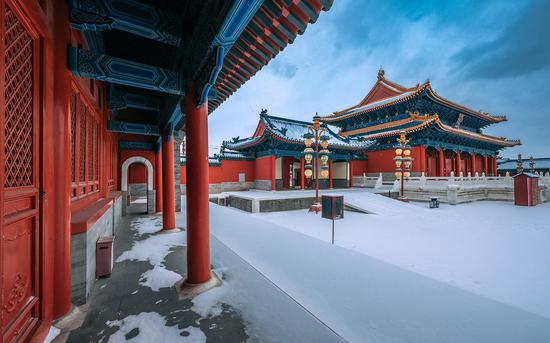









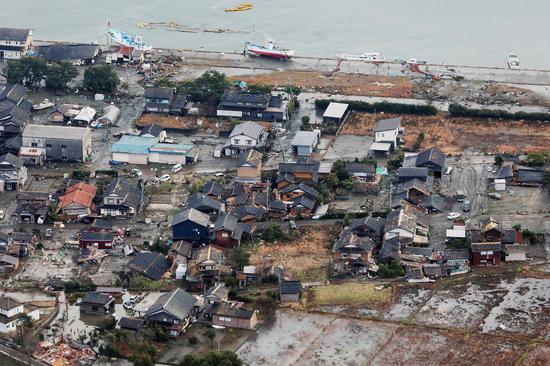












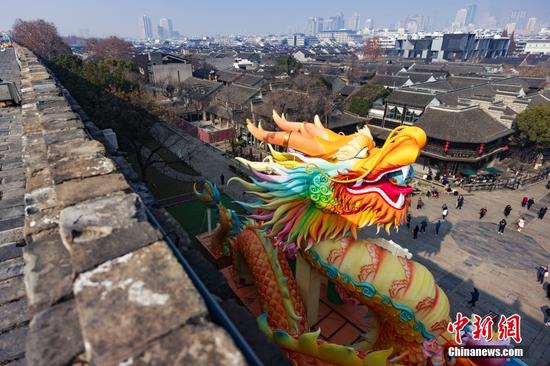
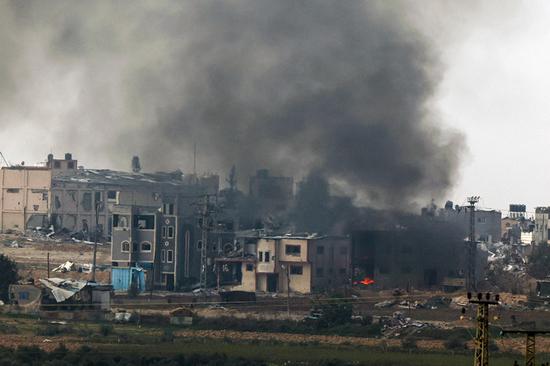










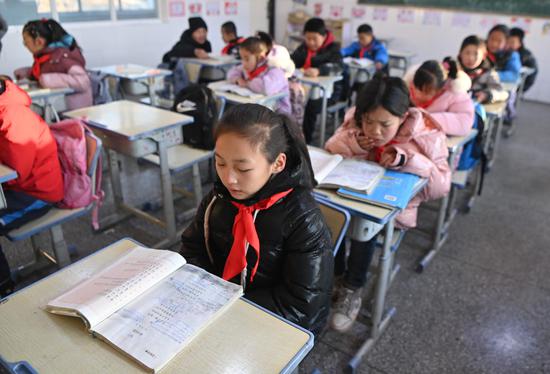
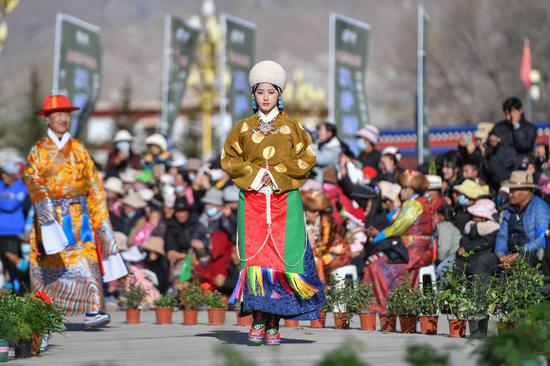





 京公网安备 11010202009201号
京公网安备 11010202009201号